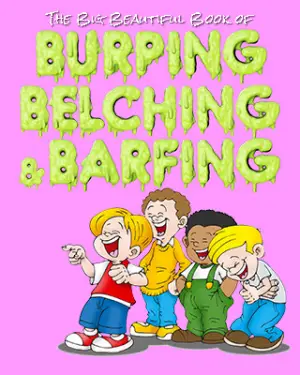Exploring the Layers of Loss and Identity in The Imagined Life
As a book blogger, I’m often drawn to stories that delve into the complexities of familial relationships, particularly those tangled in the threads of loss and identity. What caught my eye about The Imagined Life by John Doe was its premise: a man grappling with the memory of a father who vanished from his life, not unlike the fleeting nature of moments captured in the pages of Proust. The age-old question of how we hold onto those we’ve lost lingers, echoing in a way that felt freshly poignant through this narrative.
At the heart of the novel is Steven Mills, a writer and teacher whose life seems to be on pause. With his marriage hanging by a thread, he embarks on a reflective road trip down the California Coast to unravel the story of his father, a charismatic yet volatile English literature academic. The backdrop is rich with the quietly tumultuous landscape of 1980s academia, with all its nuances of privilege and hidden struggles.
The narrative intertwines Steven’s search for his father with his own introspection, uncovering how their estrangement has shaped his adult relationships—especially his fragile marriage. As I followed Steven’s journey, I was struck by the profound weight of memory and how it colors our perceptions of the past. The author’s meticulous attention to detail lends gravity to seemingly mundane recollections, elevating them into moments of self-discovery. The theme of "traveling abroad" in terms of loss resonated deeply with me, echoing the idea that those we love are never truly gone, but instead continue to accompany us in some intangible way.
The writing in The Imagined Life is taut and deliberate, with a reflective quality that mimics the flow of memory itself. The narrative is laced with literary references—Proust’s voice frequently whispers through pages, urging readers to consider the intricacies of time and memory. The prose is almost mannered, yet it perfectly encapsulates the emotional undertones of Steven’s journey. I found myself highlighting numerous passages, particularly when the author writes about the lingering "aura of life" left by those we’ve lost. This sentiment encapsulated my own reflections on grief and memory in a beautifully haunting way.
One can’t overlook the nuanced exploration of sexuality and friendship, especially through Steven’s bond with Chau, which adds a layer of complexity to his character. Their relationship opens paths to self-exploration and understanding, resonating with readers who might have faced similar struggles of identity and connection.
Yet, amid the book’s emotional richness, I left with a lingering doubt. Will the intricacies of these characters endure in my memory, or will this thoughtful exploration blend into the vast ocean of literary experiences? It’s a valid concern I hold, yet it doesn’t diminish my appreciation for the journey The Imagined Life presents.
In conclusion, I believe this novel will resonate with readers interested in thoughtful reflections on relationships, memory, and the bittersweet nature of our pasts. If you enjoy narratives that prompt you to confront your own experiences of loss, I highly recommend diving into this poignant tale. Personally, reading The Imagined Life was not just an enjoyable mental escape, but also a poignant reminder of the lingering connections we maintain with those we have loved and lost.
Discover more about The Imagined Life on GoodReads >>






